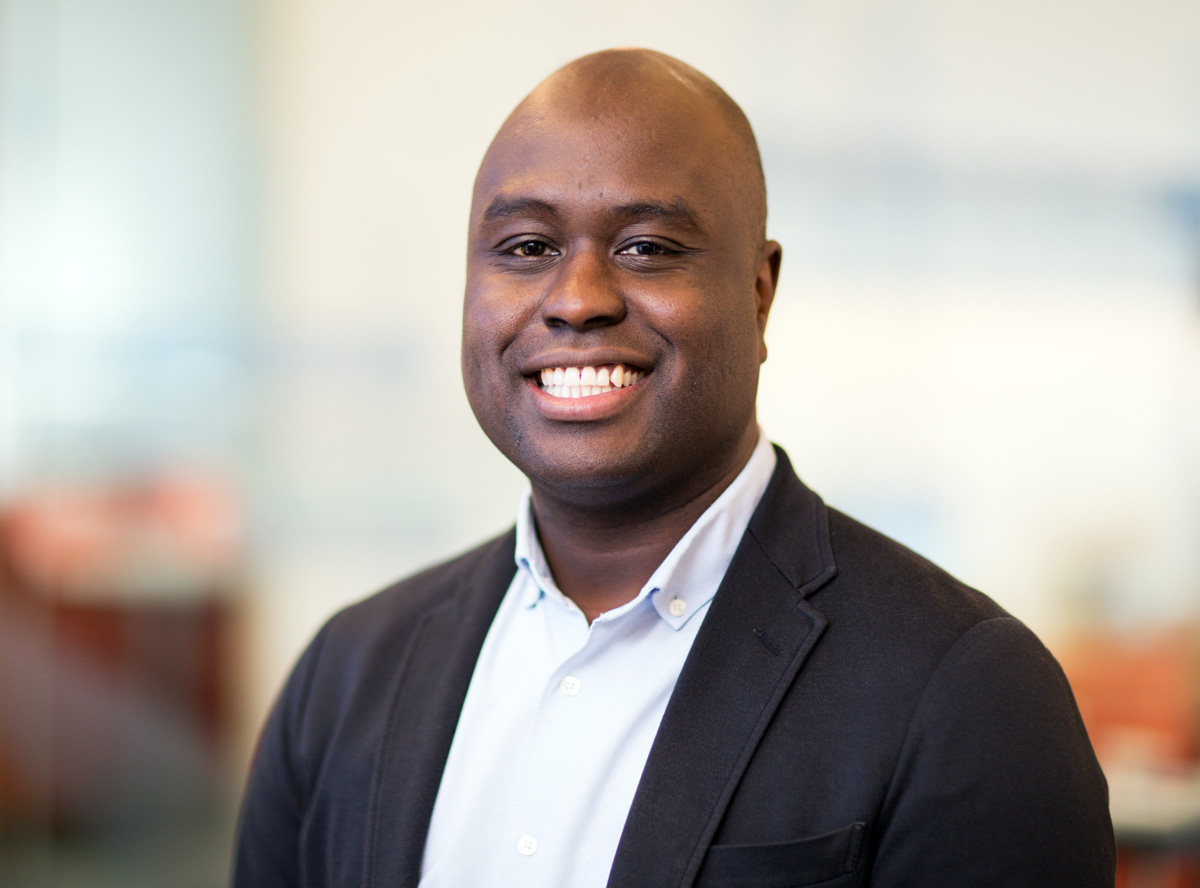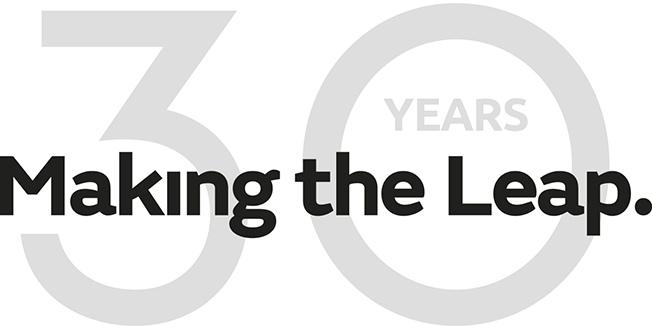The UK Social Mobility Awards were created to recognise the organisations and individuals displaying outstanding commitment to the advancement of social mobility. These initiatives, however, do not exist in a vacuum. Over the years there have been myriad leaders changing the way businesses function and creating more equitable workplaces, many of whom, I’m pleased to say, sit on the judging panel for the UK Social Mobility Awards. Who better to pick out the very best submissions from a treasure trove of best practice than the people who’ve been there and done it themselves?
One such trailblazer is Geoffrey Williams who, in October, was promoted to Global Head of Diversity and Inclusion at Thomson Reuters. From The BRIT Performing Arts School in Croydon via the music industry, in 2008 Geoffrey joined Thomson Reuters’ Talent and Development Team. He has occupied numerous roles at the company since then, generally with a focus on talent development, inclusion and social responsibility. His burgeoning influence on the culture of the company has led him to his current role as Global Head of Diversity and Inclusion, allowing him to “define what diversity and inclusion look like at Thomson Reuters – what we would like the culture to be and how we help our employees to connect with Thomson Reuters.”
I spoke to Geoffrey about his career path, the importance of social mobility and why the UK Social Mobility Awards are an essential aspect of advancing this agenda.

Geoffrey Williams, Global Head of Diversity and Inclusion, Thomson Reuters
***
This was your second year on the judging panel for the UK Social Mobility Awards – what have you taken away from that experience?
“Being in the room with the judges and hearing their stories about how they ended up where they are was so inspiring. But then the people we are judging are amazing too and doing phenomenal work. This year I was judging the rising star category and I honestly felt every one of them deserved the award – it was so hard to choose a winner. It gave me real hope that there were young people coming up and doing something about social mobility.”
What would your advice be to companies that want to do more to advance social mobility?
“What would be great would be demonstrating to business to make sure they have the best practice around social mobility and ensuring they have the best talent, which is precisely what the awards does. A lot of the time social mobility is equated with race/ethnicity and I feel that social mobility is about everyone that lives in the UK – we need to balance that conversation.

Geoffrey speaking at an event
“As an organisation, look at your footprint, partner with some local schools and make a change – start small and build out. Companies need to really think about what they intend to do with those partnerships and how they intend to support the community to really effect change. Some research to align and define the message would be hugely beneficial.
“The world is a divisive place and organisations play an important part in helping us learn about each other and evolve. If you look at marriage equality in the UK and the USA, big business spoke up and encouraged the government to make that change, supporting inclusion for all. I think we will see more of that over the next few years.”
You were recently promoted to Global Head of Diversity & Inclusion at Thomson Reuters – why is it an important job and what does the role involve?
“My job is very much about the company agenda – how to continue to make the organisation profitable and respected is what I’m focused on. Social mobility is the starting point of that work. People need to know that they can come and work for you from any background and we need to attract top talent from different places. Social mobility is about moving that level of ‘do you belong’ and realising that we are one community and everyone should be able to reach their full potential and not be hindered by lack of money or opportunity. If you are brilliant then you should be allowed to be brilliant.
“It’s an important role because it helps a business think about how they are going to support society on a local and a global scale. So, me and my team are defining what diversity looks like at Thomson Reuters – and what inclusion looks like, what we would like the culture to be and how we help our employees to connect to Thomson Reuters – so they can do their day job and bring their true selves to work.”
***
Geoffrey – through his words, actions and job function – is one of the people helping to define what progressive, inclusive business practices will look like across the world. Outside of Thomson Reuters, Geoffrey has recently launched Rocking Ur Teens, putting on conferences for teenagers and equipping young people with the skills that leaders of the future need.
With more companies paying more attention to social mobility, and many creating new positions that aim to tackle the issue directly, the social mobility agenda takes on greater significance and becomes more clearly defined, thus enabling clearer solutions. The UK Social Mobility Awards, while recognising those individuals and organisations leading the way in this regard, are a platform for the sharing and replication of social mobility best practice.
Follow the UK Social Mobility Awards on social media for all the latest news and updates.
